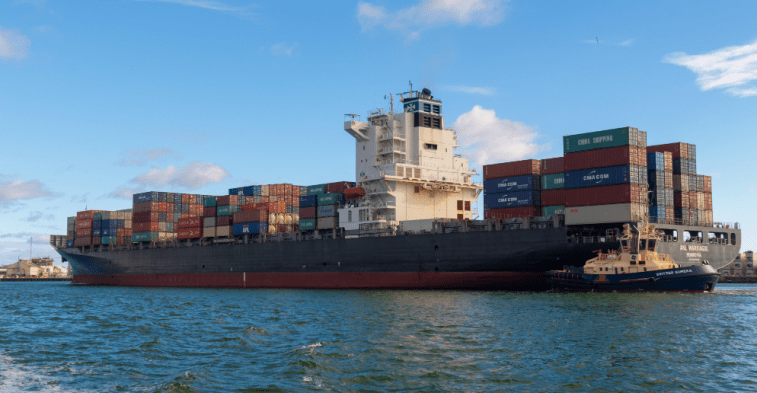Logistics Providers Have a Higher Calling than Freight’s ‘Middleman’
Since the domestic onset of the COVID-19 pandemic last March, logistics providers and freight brokers have had to deal with two extremes in the market — and in short succession.
In the initial economic fallout in the first few months of the pandemic, freight volumes sank, and so did per-mile rates. There simply weren’t enough loads to go around for all of us who make a living moving freight, and the slowdown happened so fast, we were all left searching for answers.
At least I know here at Circle Logistics, we weren’t immune to that sudden freight vacuum.
But then as the recovery gained steam, freight volumes hit a warp speed, seemingly making up for lost time last spring and due to consumers spending money on hard goods rather than services or entertainment.
Behind that pendulum swing, logistics providers this year have faced a tall task in keeping up with the demands of their shippers. There’s been a dearth of transportation capacity, and 3PLs have often had to book loads at a loss to make sure we take care of our shippers.
Between freight volumes slamming the brakes in spring of 2020 and then mashing the throttle this year, I’m sure we as an industry will glean many lessons from the trials we’ve weathered.
But there’s a fundamental lesson staring us in the face right now: We have to pivot our industry away from transactional deals and work to create real, trusted relationships with each other.
This involves all of us — shippers, brokers, and carriers. We’re at a precipice in the logistics industry, and it’s incumbent upon all of us to heed the requirements of this new world. That starts with ditching the old ways and forging a path in which mutually beneficial relationships rule, and in which we utilize those relationships to help manage the current crisis and any future events that occur.
For freight brokers and 3PLs, first and foremost, this starts with shedding the label of a freight industry “middleman.” That might have been true of yesteryear’s freight broker. You know the type — the guy at a desk working a big landline phone with four or five different lines connected into it. But it absolutely cannot be true of a modern logistics provider.
We need to be viewed as a valued, trusted source of market information and trucking capacity by our shipper customers. And we must be viewed as a business partner of our carriers — a sales team working to find loads that fit their lanes and rates, a dispatcher trying to get them backhauls, and someone who they’d turn to for a load over taking a chance on a random broker from a loadboard, even if it pays a little better.
By building these relationships on both sides, you can ward off the situation where shippers try to pit 3PLs and brokers against each other in negotiations. Or the situation where you try to squeeze a carrier for a few pennies a mile on a one-and-done load and then find you need their service a few weeks or months later for a different load.
Will every freight transaction be this way? Of course not. Logistics providers still have to turn to loadboards to find carriers, and carriers will still have to utilize some one-time deals to reposition or simply keep the wheels turning.
Also, shippers’ procurement managers will still mostly be working to find transportation services at the best cost for their company. They still have a boss to answer to, too.
But what I hope has become a stark realization during these turbulent times is that we’re all in this business together, for better or worse. Shippers need their freight hauled. Carriers need loads to move to keep their operations afloat and their bills paid. And freight brokers and 3PLs, more than ever, are the conduit to bridge those two parties’ needs.
In an 18-month span which has seen both ends of the spectrum — carriers unable find loads at sustainable rates and shippers unable to find capacity — the new calling for freight brokers has been laid bare: We must work to build the relationships that keep goods moving and keep the supply chain chugging. Anything less is a step in the wrong direction.





Leave a Reply